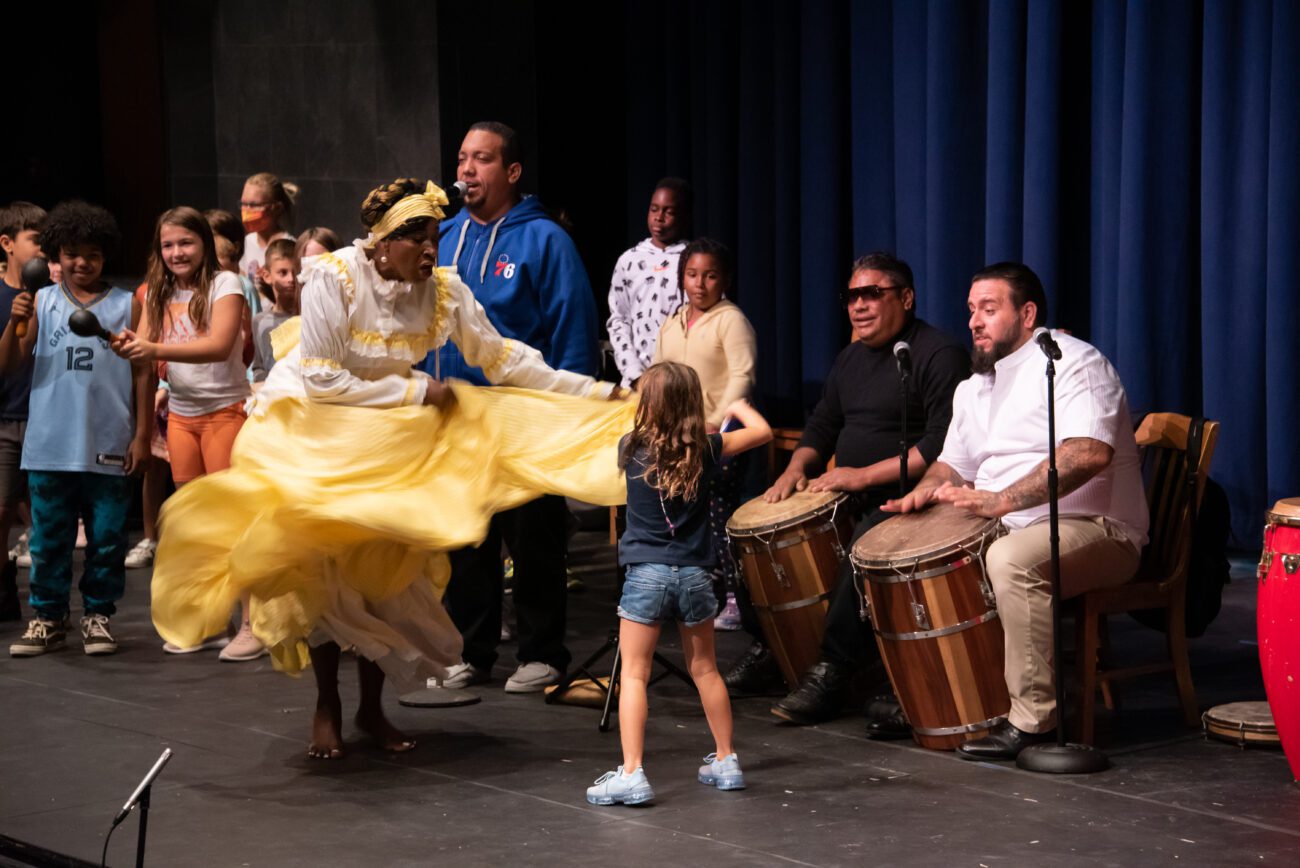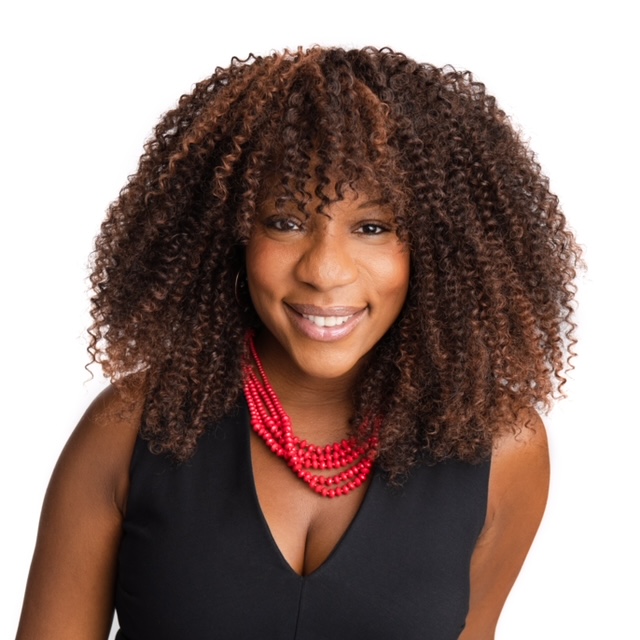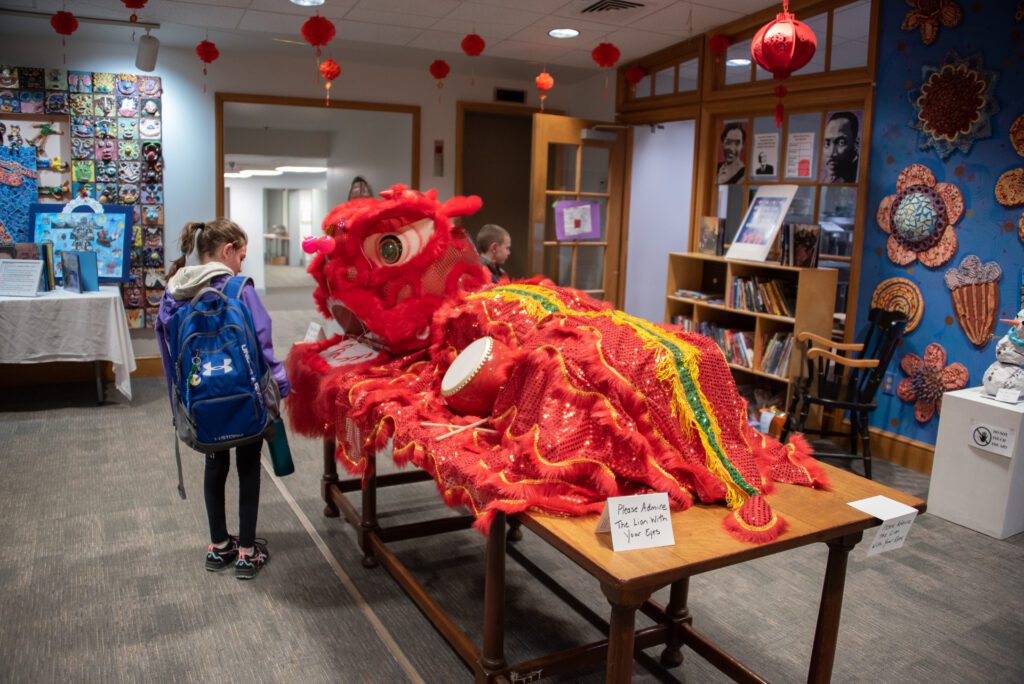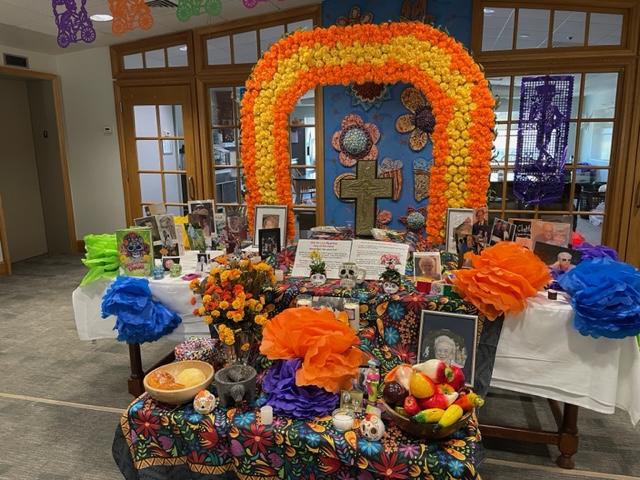
For more than 220 years, Westtown School has been educating students in the Quaker tradition. Over its long tenure many aspects of the pre-K through 12th-grade school (with options to board in grades 9-12) have understandably evolved, but its overall mission has remained the same. It’s a thoughtful mission that reads: “Guided by the essential Quaker calling to seek out and honor that of God in each of us, Westtown School challenges its students to realize their individual gifts while learning and living together in a diverse community. Westtown inspires and prepares its graduates to be stewards and leaders of a better world.”

The goal of that ambitious mission is reinforced often at Westtown starting in the Lower and Middle schools. “At the core of students’ social-emotional, and academic, success is providing brave spaces for students to lift up their many identities, the intersectionality of those identities and the identities of others,” says Kelly Yiadom, Westtown’s Lower and Middle School Director of Equity, Justice and Belonging. “Students are then empowered by learning about the differences that exist within their school communities as well as the world around them. When we authentically nurture curious minds, in a way that aligns with our mission of ‘preparing students to be stewards and leaders of a better world’ and our Quaker values, we are helping to develop high-performing students who keep central empathetic leadership and a changemaker mentality. In other words, we help them consider how they can leave any space better than they found it.”
The most basic way that Westtown encourages this broad-minded thinking across the three divisions is by introducing students to the uniqueness of their fellow classmates. Currently at Westtown, student representation is from 16 states and 13 countries. “Equity, justice and belonging begins with relationships,” says Yiadom. “How we build relationships, how we build a sense of trust and vulnerability, how we are intentional about learning about other people’s stories.” Every month, the Lower and Middle School lobbies are decorated in a specific way to celebrate the culture, backgrounds or ethnicity that is representative of the students. The spaces have highlighted everything from Hispanic Heritage Month to Diwali, a Hindu festival of the lights celebration. To encourage family and caregiver participation in this quest to educate the whole child, Yiadom sends out a survey at the beginning of the year asking questions like: What is special about your family?; What religious and cultural celebrations are recognized in your home?; What would you want us to know about your family that makes you unique? “We are raised to talk about the ‘mainstream holidays’,” says Yiadom, “but there’s so much more to who we are in this country. That’s what makes our country so amazing is that we are this melting pot of cultures and religions and all of those traditions should be celebrated. When each student’s story is brought into the classroom, it is recognized as valuable.”

Introducing students to these various cultures, ethnicities and backgrounds is one way that Westtown is nurturing global thinkers who will grow into global leaders. “Kids are curious,” says Yiadom. “They are way less biased than we are.” Yiadom explains that everyone has implicit bias due to messaging we get from our own homes, through social media, the books we read and the shows we watch. Therefore, it’s our responsibility to intentionally work against implicit bias. “We create space for students to expand their circle, and get to know other students who are different from them,” Yiadom continues. “By working with students in the Lower and Middle schools, we’re giving students an opportunity to work against those biases at a very young age.”
Starting in fourth and fifth grades, and continuing through Middle School, celebrating identities through affinity groups ( moderated by a teacher or member of Westtown’s staff) is an essential way students can “meet and share in brave spaces with other students who identify similarly to them,” according to Yiadom. These affinity groups are “opt-in” meaning students decide whether they want to participate in the group—it’s completely voluntary. Currently, Westtown offers a variety of groups in Lower and Middle Schools such as: BIPOC, LGBTQ+, White Upstanders, and Neurodiversity and Disabilities. These are safe spaces where students can be themselves, learn about how various communities are impacted and what can be done to support them. “If we have a space where you can talk about these conversations, then that sends a message that it’s ok,” explains Yiadom. Westtown also offers an affinity group for young men in Middle School to have a space where they can talk about the issues they face in today’s society, pressures they encounter at their age, and other topics. It’s been so successful for the young men, that Westtown has plans to start a group for young women as well. “I think what’s really important is that we want to encourage our young men and our young women to know that we understand what they’re facing,” says Yiadom. “Many kids feel disconnected because of social media, and this is a way to help them engage with their classmates.” In Middle School there’s also an affinity group called Many Optimistic Open-Minded Students Seeking Equity (M.O.O.S.E.) where students can talk about social justice-focused issues they want to support and how to best work toward supporting those issues.

Volunteering and giving back to the community is another way that Westtown reinforces its mission beyond its West Chester campus. One example of the students’ outreach was a book drive to collect books for “The Radical Little Library” in the Germantown section of Philadelphia. The drive had an intentional focus on collecting books that specifically featured BIPOC characters, LGTBQ+ characters, characters with neurodiversity and characters with disabilities to enhance representation. “There are actually more books that represent animals than there are books that represent people of color, or LGTBQ+, or people with disabilities,” says Yiadom. “That speaks to the necessity of ensuring that there’s literature that creates those mirrors and windows for different communities.” Students also decorated bookmarks and notes for the more than 150 books collected so that when a child from Germantown takes a book, they actually have a message to make that connection back to Westtown.

Yiadom frequently references the South African phrase “Ubuntu” which means, “I am because you are.” An idea that recognizes that you’re only as good as your neighbor—if your neighbor isn’t well, then you essentially should not be well. “We are really trying to nurture that sense of community, care and empathy at Westtown,” says Yiadom. It all comes back to intentionally and consistently trying to reach the school’s mission of preparing students to be stewards of a better world. “I think that’s just so special and so unique to Westtown—that we truly are nurturing leaders, students who are empowered to have strong voices and use them. Students who are empowered to be upstanders and disrupt harm when it’s happening. Students who want to make an impact in their communities,” says Yiadom. “These are things that are happening in real time every day and I’m just incredibly proud to be a part of it.”
** About the header photo: Sheer joy and contagious energy reverberated in Westtown’s Center for the Living Arts with Los Bomberos de Calle! As the sounds of Plena and Bomba echoed throughout, Lower Schoolers filled the stage as they were invited to dance, sing and improvise to celebrate la musica!



NO COMMENTS